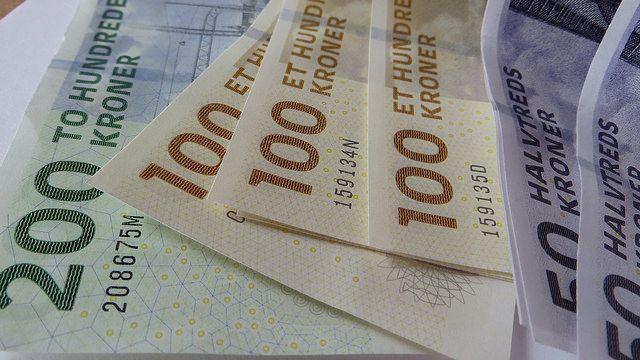The 320 wealthiest families in Denmark have stashed an estimated 60 billion kroner in tax havens, according to a report that will be delivered to Parliament today.
The report used information acquired from tax accounts at HSBC Bank in Switzerland, which was leaked to an international association of journalists and published in 2015 – the so-called ‘Swiss Leaks’.
The rich get richer
The leaked data was compared to the tax information of Danes, Swedes and Norwegians who had accounts at HSBC.
“We can see in the papers from Swiss Leaks that it is largely the richest who have their money in tax havens,” Niels Johannesen, an associate professor of economics at the University of Copenhagen, told DR Nyheder.
Johannesen said that the numbers revealed that Denmark’s 320 wealthiest families have saved a quarter of their wealth in tax havens.
Measures taken
The debate surrounding tax havens in Denmark and many other countries has exploded over the last year – especially after the revelations of the so-called Panama Papers.
A broad majority in Parliament has joined colleagues in the EU in taking measures to combat the use of tax havens.












